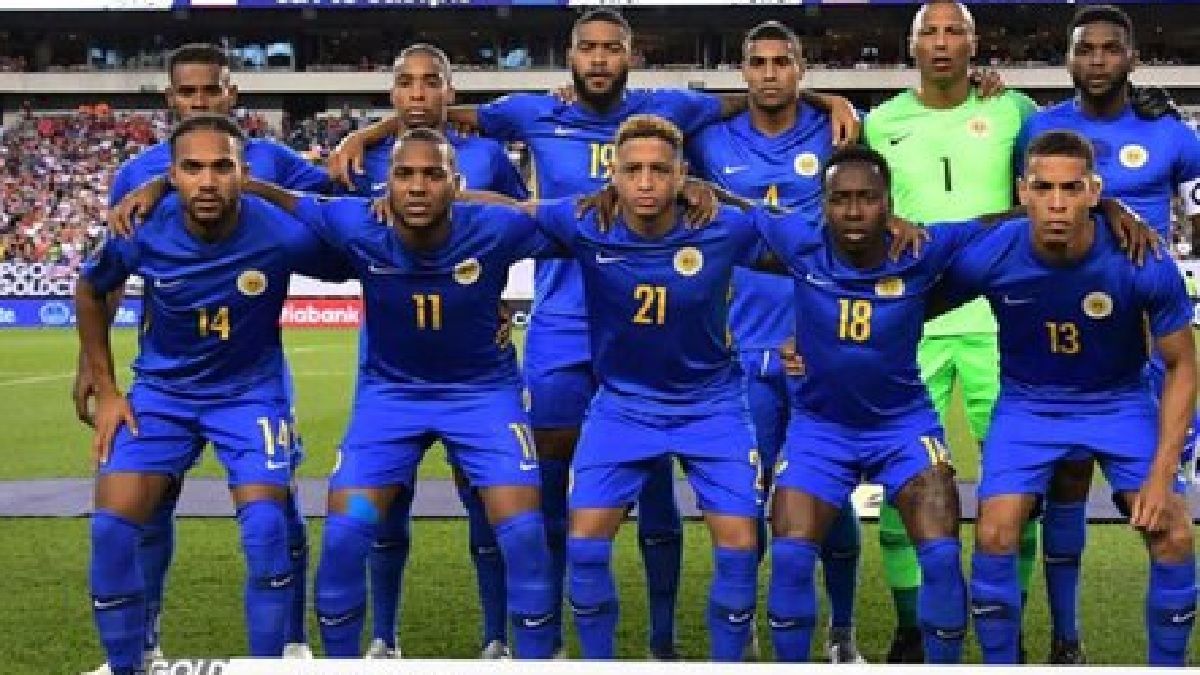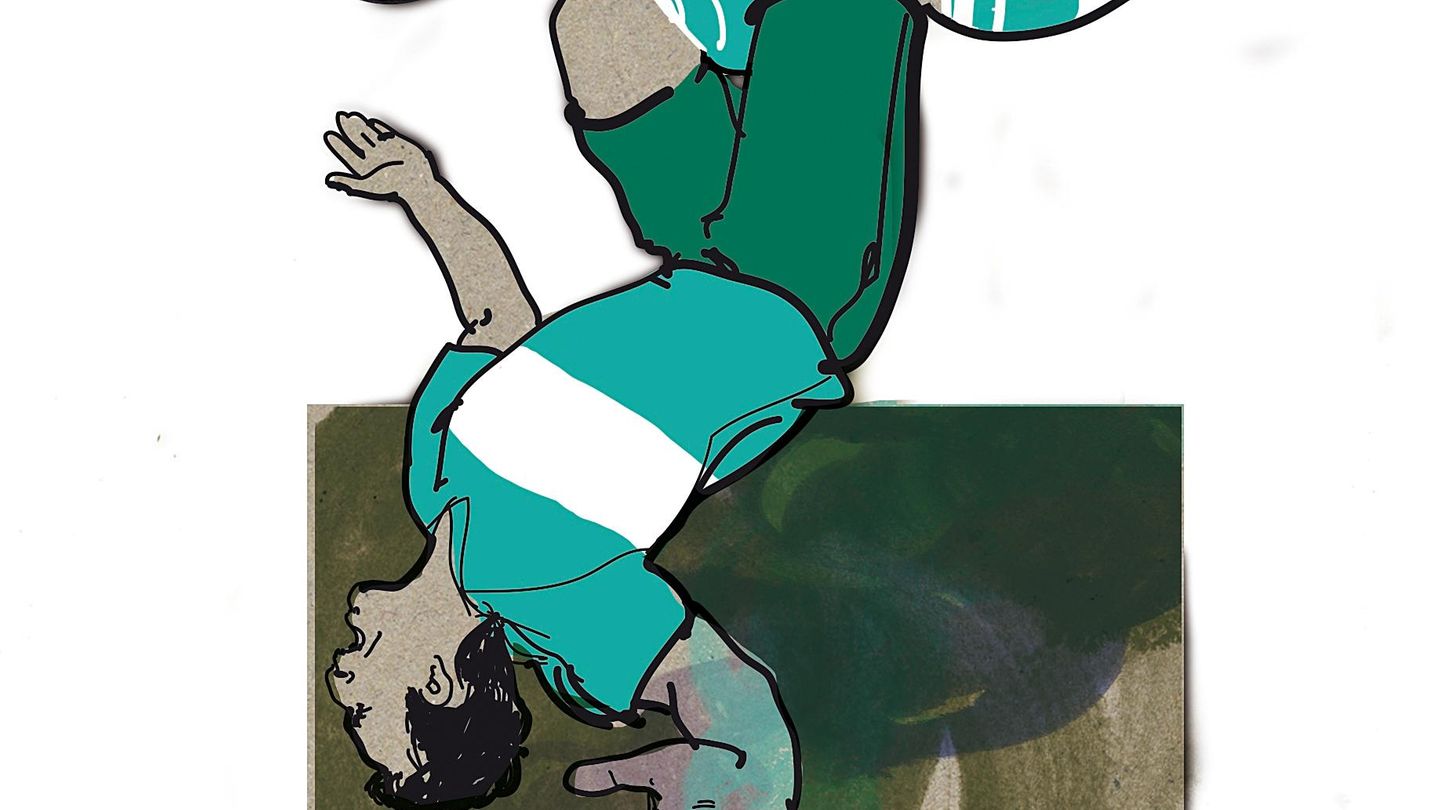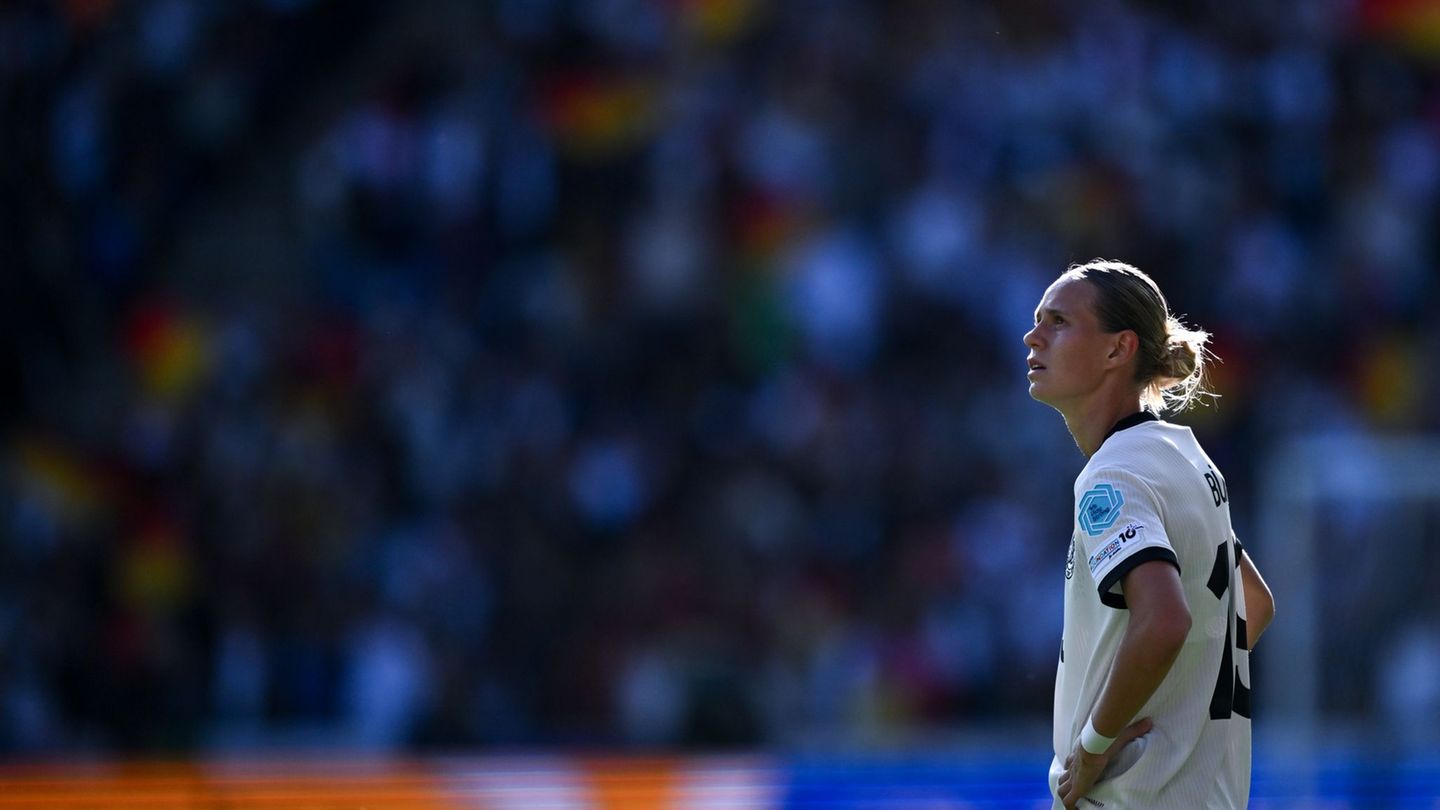The National selection will play his second friendly match this Tuesday after having obtained the Qatar world titleand it will be before curacaoa practically unknown country but traversed by a rich history.
The following are some curiosities of a small island located in the south of the Caribbean Sea and that it has its own team, despite, strictly speaking, belonging to the Kingdom of the Netherlands.
1.Ehe country is not a member of the EU, but its citizens are.
The island has a particular status, since it is an autonomous state, but it is part of the Kingdom of the Netherlands. Therefore, it is not part of the European Union, but its citizens hold Dutch passports and enjoy the same rights as citizens of that political block.
curacao 1.jpg
2. An island of giants…
The first European incursion into that territory corresponded to the Spanish in 1499, shortly after the discovery of Christopher Columbus. It was made up of Américo Vespucci, who would later give his name to the entire continent. But it was another crew member, Alonso de Ojeda, who named it “The Island of the Giants”, impressed by the stature of the natives. At that time the Caquetíos inhabited the place, who were later deported to Hispaniola as slaves…
3. The island of healing
It is said that when the Portuguese arrived on the island, they were struck by the fact that the Spaniards who suffered from scurvy (a disease caused by a lack of vitamin C) were cured by consuming large amounts of fruit. That is why they called it the Island of Healing (Ilha da Curaçao). After the Dutch conquest, it became simply Curaçao.
4.JSephardic Jews… who speak Portuguese
A curious journey of Portuguese-speaking Sephardic Jews who end up settling on the island explains the name of Curaçao. These settlers were originally from the Iberian Peninsula, from where they were expelled first to Portugal, then to the Netherlands and finally to northeast Brazil, from where they headed for the island. This explains why Dutch and Papiamento are spoken, a language that sounds similar to Portuguese.
5. A referendum for independence, or not so much
In May 2009 it was voted to be an autonomous country within the Kingdom of the Netherlands. In this way, the Netherlands Antilles were dissolved. Therefore, the head of state is King Willem-Alexander, who is represented by a governor. But who rules is the prime minister, currently Bernard Whiteman. Previously, there was an interregnum in which the island belonged to Venezuela -located just 50 km away- but said country had to deliver it -together with Aruba and Bonaire- to the Netherlands in 1903, coerced by this nation plus Germany and France, for not being able to pay its foreign debt.
William and Maxima.jpg

Source: Ambito
I am Pierce Boyd, a driven and ambitious professional working in the news industry. I have been writing for 24 Hours Worlds for over five years, specializing in sports section coverage. During my tenure at the publication, I have built an impressive portfolio of articles that has earned me a reputation as an experienced journalist and content creator.




